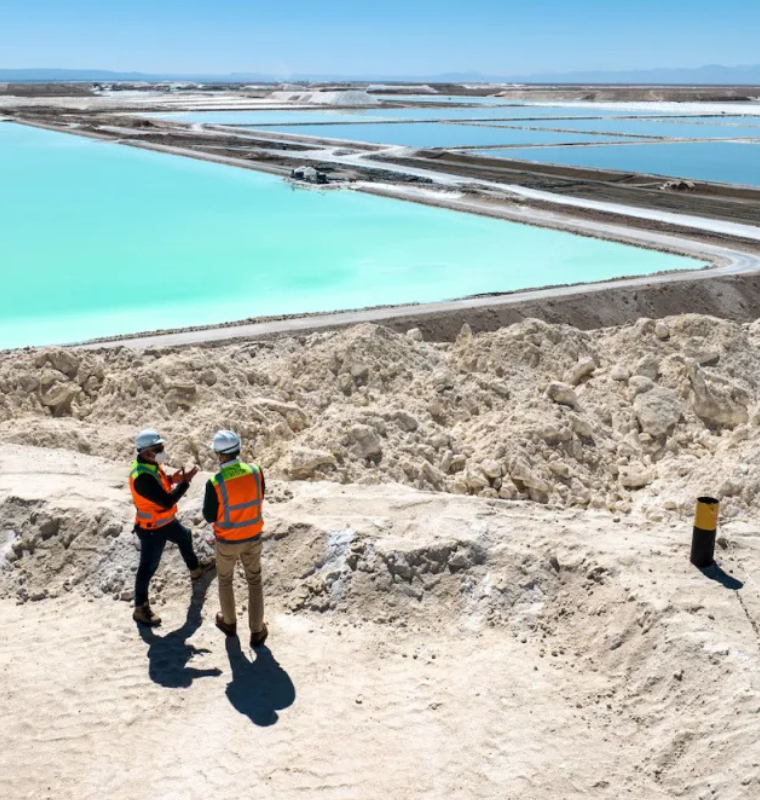How U.S. Companies Are Using Foreign Trade Zones and Bonded Warehouses to Dodge Tariffs and Preserve Cash Flow
How U.S. Companies Are Using Foreign Trade Zones and Bonded Warehouses to Dodge Tariffs and Preserve Cash Flow
By
Leah Rosenfeld
Last updated:
July 14, 2025
First Published:
August 3, 2025

Photo: Sourcing Journal
Inside the Strategic Shift: How Firms Are Using Tariff-Free Zones to Stay Competitive Amid Trade War Turmoil
As the 2025 global trade war intensifies, companies are adapting quickly — and quietly. Behind the scenes, a growing number of firms are leveraging Foreign Trade Zones (FTZs) and bonded warehouses to legally defer or avoid massive tariff costs imposed on imported goods.
These U.S. Customs-approved mechanisms are proving to be critical lifelines, offering businesses the ability to store goods — duty-free — for extended periods while they navigate uncertainty in trade policy, inflation, and market demand.
What Are FTZs and Bonded Warehouses?
Foreign Trade Zones are designated areas within the United States considered to be outside of U.S. customs territory for the purpose of tariff laws. That means:
- Goods imported into FTZs are not subject to duties or tariffs until they leave the zone and enter U.S. commerce.
- Items can be stored, assembled, or altered indefinitely without penalty.
- If re-exported directly from the FTZ, no duty is paid at all.
Bonded warehouses, on the other hand, allow companies to store goods for up to five years while deferring the payment of tariffs until the items are sold or officially enter the market. If tariffs drop during storage, businesses can pay the reduced rate — a strategic financial hedge in uncertain times.
History and Scale of FTZs in the U.S.
The concept of FTZs dates back to 1934, when Congress launched the program in response to the protectionist Smoot-Hawley Tariffs, which had rates as high as 53%. Today, there are over 2,240 active FTZs across all 50 states, according to U.S. Customs and Border Protection.
Major U.S. manufacturers like Ford, GM, Chrysler, Intel, General Electric, and Sony have long operated in FTZs to cut costs and optimize supply chains. Even Pfizer used the program during its COVID-19 vaccine development, storing vaccine doses duty-free while awaiting FDA approval, as confirmed by the World Free Zones Organization.
Why Companies Are Turning to These Tools Now
With President Trump’s renewed trade war, steep tariffs are hitting imports from dozens of countries — particularly those involving industrial components, consumer electronics, and raw materials.
Jason Strickland, Director of Sales at Givens Logistics, explains that preserving liquidity is the top priority:
“FTZs and bonded warehouses essentially free up a company’s cash flow. If your product is manufactured in an FTZ and re-exported, you avoid duties altogether.”
For businesses like Regent Tek Industries, which makes liquid road markings for U.S. infrastructure projects, losing access to the FTZ’s inverted tariff benefit has been a heavy blow.
“Our product is like baking a cake,” said Helen Torkos, President of Regent Tek. “If you're missing one ingredient, you can't make it. We can't source everything domestically, and now we're paying around 7% more in tariffs.”
The Loss of the Inverted Tariff Rule
Before 2025, companies could benefit from inverted tariffs, paying a lower rate on the finished product than on its raw materials. That option is now gone due to recent executive orders by President Trump, which has forced many companies to shift strategy.
With FTZ flexibility reduced, bonded warehouses are seeing a surge in demand. Strickland calls it “through the roof.”
Why? Unlike FTZs, bonded warehouses allow companies to time the market:
“If a tariff drops while a product is in bonded storage, you can release it and pay the lower rate. That’s smart risk management,” said Strickland.
Strategic Advantage in a Volatile Trade Environment
For companies navigating daily volatility in trade policy, these zones offer a crucial competitive edge. Rather than commit capital upfront for goods that may face fluctuating tariffs, firms are choosing to delay duties and wait for better conditions.
“At the end of the day, the goal is to protect your cash flow,” Strickland emphasized. “If you can defer costs until the market is ready to consume those goods, that’s a win-win.”
Looking Ahead
With over $1.5 trillion worth of goods flowing through U.S. FTZs and bonded warehouses annually, their strategic role is only expected to grow. For companies caught in the crossfire of tariff policies, these zones remain one of the few tools available to mitigate risk, boost efficiency, and preserve capital.
In a trade war where uncertainty rules, holding off on paying tariffs — legally — may be one of the smartest moves a business can make.
Popular articles
Subscribe to unlock premium content
Bolivia How Lithium Mining Policies Are Positioning It as the Next Global EV Battery Hub

Naval Ravikant The Angel Investments That Quietly Made Him a Multimillionaire

Rising From the Rubble Lessons From Billionaires Who Failed 10 Times Before Success

Bolivia How Lithium Mining Policies Are Positioning It as the Next Global EV Battery Hub

Naval Ravikant The Angel Investments That Quietly Made Him a Multimillionaire

Bolivia How Lithium Mining Policies Are Positioning It as the Next Global EV Battery Hub









